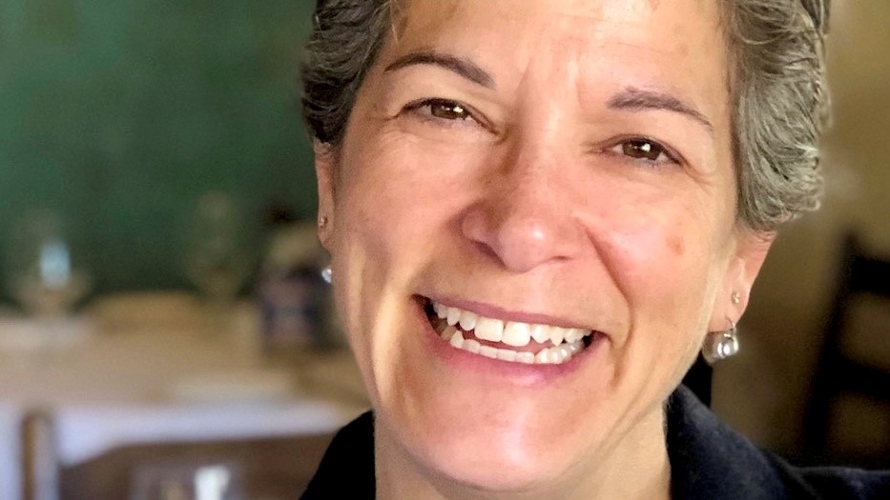
Phantom Power: Audrey Zucker-Levin on Artificial Limbs
Audrey Zucker-Levin estimates it's been more than 30 years since she first poked her head into a researcher's office at New York City's Hospital for Special Surgery.
By Researchers Under the ScopeListen to all episodes of Researchers Under the Scope podcast.
Subscribe to the podcast on Spotify or Apple Podcasts
Back then, the clinical therapist spent her days treating hospital patients, stopping by the laboratory after her shifts.
"I was very intrigued by the prosthesis, by the mechanical and the physiologic connection," said Zucker-Levin.
"I kept basically showing up any time I had spare time," she said. "They just put me to work."
After long hours spent studying patients in early video work, Zucker-Levin recalled studying muscle movement and function through patients' knees, hips and lower-leg placement. She learned more about missing feet, and became curious about the neurological connections producing phantom sensations -- messages trying to connect and control the places where limbs once grew.
Zucker-Levin went on to study prosthesis innovations, and welcomes today's gait lab advancements.
"We were very dependent upon the technology of the prosthesis, as well as the ability of the person, and we were trying to match them," she said. "It was fascinating work."
Zucker-Levin enroled in a part-time doctoral program at NYU, but didn't complete her studies right away.
She followed her husband to Bethesda and a fellowship at the National Institutes of Health. After a few years, Zucker-Levin, her husband and two young sons relocated to the University of Tennessee in Memphis. She took on a faculty position there, determined to complete her PhD.
"We had a babe in arms and a toddler," she said. "And I flew back and forth to New York every other week with the two little ones."
Today, she empathisizes with parents who are students. She admits it was not easy finding balance as a full-time faculty member, as a part-time doctoral student, and as a full-time mother.
“But I had lots of support," Zucker-Levin said. "I really enjoyed the research. I really enjoyed that ability to try and figure out how to help people function easier, or better."
After she and her husband moved to Saskatoon in 2017, Zucker-Levin was hired as a professor at the University of Saskatchewan's School of Rehabilitation Science.
The move north gave her research a different direction as she pivoted from helping high-functioning athletes and dancers, to helping more sedentary patients after amputations.
With support from the Saskatchewan Centre for Patient-Oriented Research, and the Saskatchewan Health Research Foundation, her team now focuses on improving function in people affected by lower-leg amputations.
Zucker-Levin started by assessing rates of amputation in Saskatchewan compared to other countries. From there, her team went on to use MRI scans to assess phantom sensation, watching the neurological connections the brain uses to keep or regain function. In this episode, she also discusses exercise programs aimed at using phantom sensations to help patients heal, along with studying a host of other factors affecting post-operative care.
She’s the principal investigator in “Wheeling to Healing”; research aimed at healing and preventing diabetic foot ulcerations, and she currently has four publications set for review.
